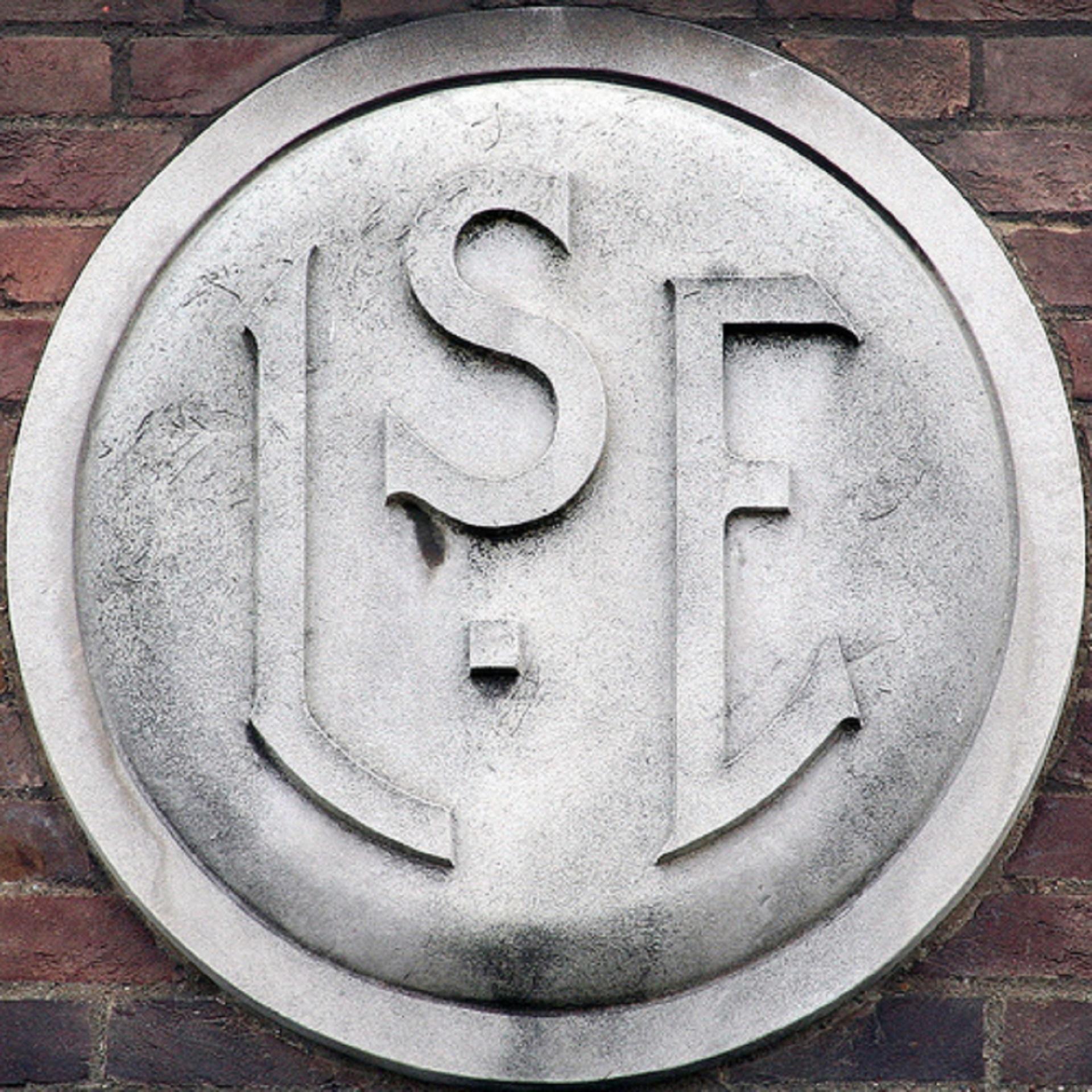To know the causes of things.
LSE creed
The London School of Economics (LSE) means business. Most UK universities' websites communicate in a pleasant, encouraging tone, particularly to prospective applicants. Even when applying to Oxford, one of the UK's most venerable universities, candidates find webpages exuding warmth and enthusiasm.
Not so on LSE's pages, where the tone is no-nonsense. These pages all contain good information but applicants may appreciate a more encouraging take on getting into LSE. More specifically, they look for in-depth guidance on the application process' most challenging aspects.
This article details essential information about how to get into LSE:
- facts about this university and its application processes
- statistics about LSE applications
- specifics about the LSE University application
- deadlines and more critical information

What to Know about LSE

LSE dedicates itself exclusively to the research and study of social sciences. Those range from linguistics and psychology to political science and, of course, economics. Twenty-seven academic departments work in concert to deliver the best educational outcomes in these fields.
The school's track record of graduating impactful scholars speaks for itself. Its alumni roster includes 18 Nobel laureates and 55 heads of government or state. Of all the European universities, this campus has turned out the most billionaires.
Four Fabian Society members established LSE in 1895; it then became a college of the University of London. LSE did not become a university in its own right until 2022.
For those not in the know, the Fabian Society is a British organisation, on a mission to advance social democratic principles. This group maintains that socialist reform is more effective than violent revolution. Of course, one must gain an education in these concepts; hence, the school's founding.
Today, this university's 27 academic departments study a range of pure and applied social sciences. Scholars pursuing graduate studies benefit from LSE's unique rolling enrolment system. Once admitted, they may follow either a research or study track.
Undergraduates must follow the tradition path to access, namely by applying through UCAS and demonstrating their qualifications. They must do so by January of the year before their proposed enrolment. In other words, 2025 entries must have applied by January 2024.
For undergraduate students, their LSE application is all the information admissions officers need to select candidates. This school's admissions office offers limited guidance through the application process. That hands-off approach helps officials determine candidates' initiative, as well as executive thinking processes.
Unfortunately, this strategy leads many prospective students to wonder: "How hard is it to get into the LSE?". In a sense, getting in is easier than other UK universities.
Students will have no interviews to prepare for, and no additional tasks to complete (besides entrance examinations). They only need to produce an outstanding application package. Doing so is an impossible task unless you know what constitutes 'outstanding'.
How to Get Into LSE: By the Numbers
Prospective applicants should know that LSE's 2024 acceptance rate was 9%.
That statistic alone places this school among the most competitive in the world. This ranks as one of this school's more dramatic statistics, but these next numbers are equally revealing.

The 2023-2024 academic year counts 13 055 students enrolled, with over half filling the undergraduate ranks. LSE welcomes students from traditional and non-traditional backgrounds, from the UK and around the world. Particularly in the graduate programmes, a sizable proportion are international students.
LSE received roughly 26 000 applications for around 1 800 available places.
Such a ratio means that admissions officers must turn away a substantial number of otherwise qualified applicants. This data makes two points: first, that your academic credentials must be top-notch to qualify for candidacy. Second, that you must carefully study the admissions criteria before considering applying. This chart gives you a by-the-numbers breakdown of your chances at success.
| Academic Year | Applications | Offers/Acceptance | Application-Acceptance ratio |
|---|---|---|---|
| 2019 | 19 989 | 4 430 | 12.5 |
| 2020 | 21 462 | 4 788 | 9.9 |
| 2021 | 22 366 | 4 990 | 15.1 |
| 2022 | 26 184 | 3 204 | 12.4 |
| 2023 | 26 240 | 1 815 | 14.5 |
the LSE University Application

The best universities in the UK offer students several ways to demonstrate their academic and personal abilities. In this regard, LSE stands apart. This school only relies on the information students provide in their application packages. Such includes their UCAS application, actual and predicted grades, and personal references.
LSE administers qualifying exams only in certain cases. For instance, applicants for the 2025 B.Sc Economics, and B.Sc Econometrics and Mathematical Economics courses must sit an entrance exam.
This university's application guidelines urge students to verify their chosen study programmes' requirements. They should do so before beginning the application process to discover whether their grades - and studies, put them in the viability range. Beware, though, that even course description pages do not necessarily outline specific requirements.
LSE only specifies that candidates must have top marks to merit consideration. It does not give a baseline of expected marks for students to aim for. That's because grades are only 1/3 of the admission equation.
Three qualities LSE admissions officers look for in candidates' application packages.
Merit is grades, of course. Officers determine your potential from your academic performance as well as recommendation letters. You demonstrate your motivation for applying to LSE in your personal statement. We let these officials explain how this system works, before detailing personal statement expectations.
Writing Your Personal Statement
Unlike applying to other UK universities, personal statements carry extra weight in the LSE application process. For instance, let's say you apply at Kings College London (KCU). Your admissions interview gives the officers the chance to get more details about your personal statement assertions.
This university conducts no interviews. The admissions officers decide on a candidate's viability strictly on the information included in their application package.
That being the case, your resume must speak for itself. It must account for your entire academic career, from secondary schools and GCSE results, to your present learning ambitions. In it, you must describe your reasons for studying that subject, and your attachment to it.
You must communicate your ideas clearly. You must demonstrate leadership qualities, such as the initiatives you pursued to explore your subject outside of school. You must 'sell' your academic worth without also emphasising your personal qualities. This 'do-and-don't' list helps you structure your statement.
Do this:
- highlight your academic experiences
- communicate why this is your chosen school
- tailor talking points to your desired program
- describe any leadership initiatives
- describe research experience
- proofread
- get feedback from others
Don't do this:
- put yourself before your subject
- describe feelings instead of facts
- use clichés or trigger words
- use vague language
- exaggerate experiences
- use AI or plagiarise
- forget to spell- and grammar-check
How Hard Is it to Get into LSE?

As noted above, LSE relies strictly on applicants' academic profiles to make admissions decisions. Admissions officers have no tolerance for incomplete application packages. Nor are any officers on standby to provide guidance. And, applicants mustn't count on an interview for one more chance to shine.
Contrast that approach with applying to Cambridge University, which makes such officers available. This high-profile institution also features an 'above minimum requirements' incentive to give potential enrollees another chance to prove themselves. The Cambridge admissions process also entails interviewing candidates as a final assessment of viability.
In light of this contrast, one might say that getting into LSE is mighty hard, indeed. The ultra-low acceptance rate furthers that impression. Still, applying isn't a futile exercise, as these students demonstrate.
Getting an idea of what the application process is like from people who've succeeded at it helps you in more ways than one. First, you learn how stressful applying to LSE can be.
You also discover the toll this exercise took on them, and the mental-emotional rollercoaster they rode before receiving their decision letters. How can you avoid the worst of these effects?
1. Make sure your grades and your entire academic profile are up to standard.
2. Write an impressive personal statement.
3. Secure two quality personal references.
4. Do not fail to provide all the information required on the UCAS application form.
Any lack in those four measures will see your application rejected. In such cases, having a backup plan is a smart idea. As these students demonstrated, applying to different universities is a great way to give yourself options. You might also consider applying for courses with the greatest acceptance rates, such as those in this table.
| Course title | Acceptance rate |
|---|---|
| BSc Politics and Economics | 16% |
| BSc Accounting and Finance | 16% |
| BSc International Relations and Chinese Language | 14% |
| BSc Politics and International Relations | 9.7% |
| BSc Government and Economics | 6.2% |
| BSc Government and History | 5.6% |
| BSc Economics with Economic History | 4.9% |
In all cases, your application will fail if you don't heed the admissions deadlines. Like every other aspect of this school's application process, its timeline offers no room for compromise. These dates and times - and the required steps, are firm.
LSE University Application Timeline
Sept-Dec 2024
Begin preparing General Course application
Speak with advisers and your teachers
Starting 3 January 2025
Submit applications
Include personal statement, references, transcript, course preferences
Within 30 days of receipt
Accept/decline offer
Complete data release and financial undertaking forms
9 June 2025
last day to apply for guaranteed accommodation
Begin applying for scholarships
Early July
Receive Confirmation of Acceptance
Indicate course preference by mid-July
Early September
Register for courses online
Register on campus mid-September
Late September
Classes begin
Summarise with AI:













